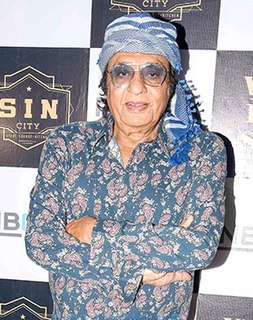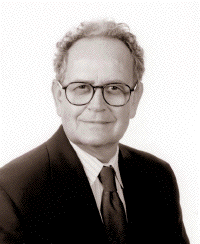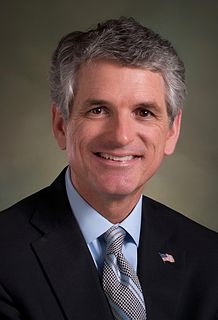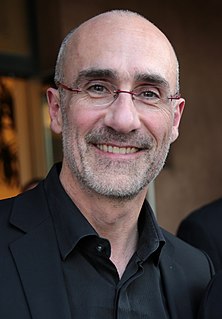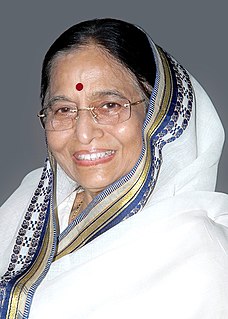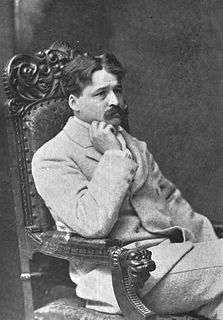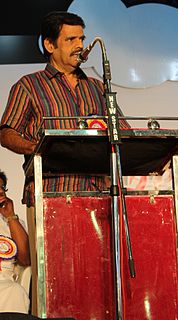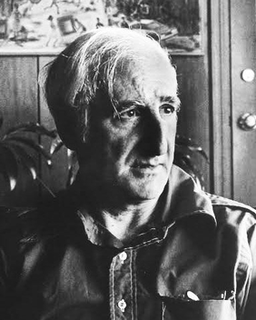A Quote by Ranjeet
We can't make the public vote for a candidate. And I would never want to campaign for any political party.
Related Quotes
I believe that it is preferable sometimes to have one candidate rather another candidate, while you understand that that is not the solution. Sometimes the lesser evil is not so lesser, so you want to ignore that, and you either do not vote or vote for third party as a protest against the party system.
One way we exercise political freedom is to vote for the candidate of our choice. Another way is to use our money to try to persuade other voters to make a similar choice - that is, to contribute to our candidate's campaign. If either of these freedoms is violated, the consequences are very grave not only for the individual voter and contributor, but for the society whose free political processes depend on a wide distribution of political power.
So many use dad's name, saying 'Johnny Cash would not like this' or 'Johnny Cash would do this' or 'Johnny Cash would vote for... ' Please, let his actions speak for who he was: A simple, loving man who never supported hate or bigotry. He was non-political, and a patriot with no public political party affiliation.
We have a duty to our country to participate in the political process. See, if you believe in freedom, you have a duty to exercise your right to vote to begin with. I'm [here] to encourage people to do their duty, to go to the polls. I want all people, no matter what their political party is or whether they even like a political party, to exercise their obligation to vote.
Race is still a powerful force in this country. Any African American candidate, or any Latino candidate, or Asian candidate or woman candidate confronts a higher threshold in establishing himself to the voters ... Are some voters not going to vote for me because I'm African American? Those are the same voters who probably wouldn't vote for me because of my politics.
If American politics does not look to you like a joke, a tragic dance; if you have enough blindness left in you, on any plea, on any excuse, to vote for the Democratic Party or the Republican Party (for at present machine and party are one), or for any candidate who does not stand for a new era, -- then you yourself pass into the slide of the magic-lantern; you are an exhibit, a quaint product, a curiosity of the American soil. You are part of the problem.
The Sanders campaign showed that a candidate with mildly progressive programs could win the nomination, maybe the election, even without the backing of the major funders or any media support. There's good reason to suppose that Sanders would have won the nomination had it not been for shenanigans of the Obama-Clinton party managers. He is now the most popular political figure in the country by a large margin.
In the US, voters cast ballots for individual candidates who are not bound to any party program except rhetorically, and not always then. Some Republicans are more liberal than some Democrats, some libertarians are more radical than some socialists, and many local candidates run without any party identification. No American citizen can vote intelligently without knowledge of the ideas, political background, and commitments of each individual candidate.
Said an opponent to me after my last protest was sent in, what party would you vote for, if you could? Neither. I would have a moral sentiment party. I would know the private character of my candidate, would know also whether he takes care of his own property - whether he had failed in business - if so, whether he had paid back every dollar of debt as fast as he had earned them. Yes, every candidate should be examined morally, and if it be found that he has not been true to the monitions of conscience in one direction, he cannot or will not be in another.
